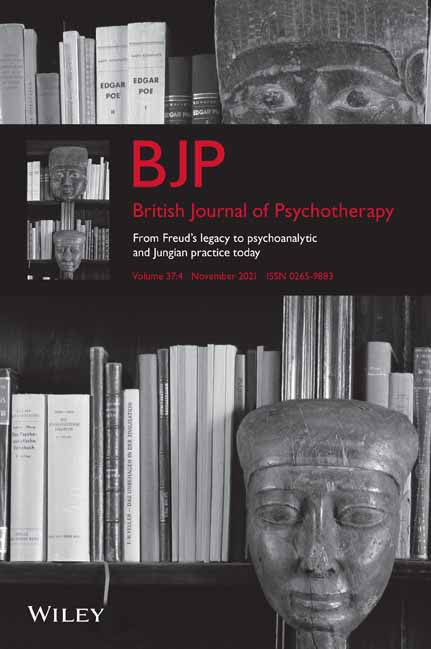A Banging Door, a Gâteau and a Knife: Antisocial to Prosocial Constellations in a Forensic Group for Men
Congratulations to the successful authors in the 2020 Rozsika Parker Prize. The winning papers can be read at: https://doi.org/10.1111/bjp.12647 (Student Path), https://doi.org/10.1111/bjp.12650 (Student Path) and https://doi.org/10.1111/bjp.12642 (Post-Qualification Path). The commended papers can be read at: https://doi.org/10.1111/bjp.12656 (Student Path) and https://doi.org/10.1111/bjp.12649 (Post-Qualification Path).
‘A banging door, a gâteau and a knife: Antisocial to prosocial constellations in a forensic group for men’ was Commended in the 2020 Rozsika Parker Prize (Post-Qualification Path).
Abstract
Those offenders who are diagnosed with antisocial personality disorder (ASPD) pose a higher risk of re-offending and are a challenge to rehabilitate. In this paper, the author discusses a community service use of group therapy with men diagnosed with ASPD, using interpersonal techniques based on group analysis and mentalization-based therapy. With clinical material taken from a year-long psychodynamically informed group to highlight intra- and inter-personal development, the author examines how the group progressed from a hostile place where cooperation could not be imagined to a space in which trust became a possibility. This paper explores how antisocial men might become more prosocial using both the group process itself as a medium for intervention and the exploration of symbol and metaphor to develop an emotional language to enable change. Psychological change is perceived in the way words are used to develop insight and capacity to think about the minds of others. I conclude that more research is needed but that a mixed technique group has promise in the treatment of offenders with ASPD in the community.




